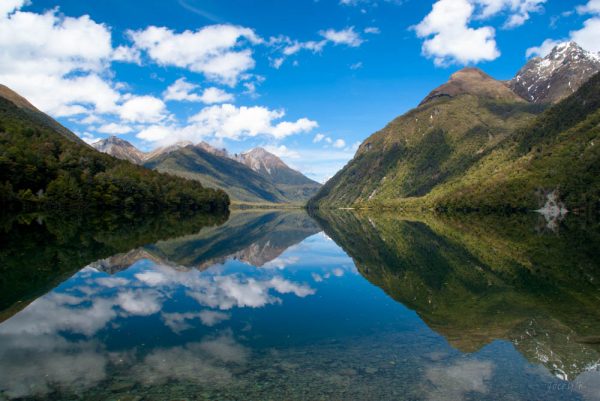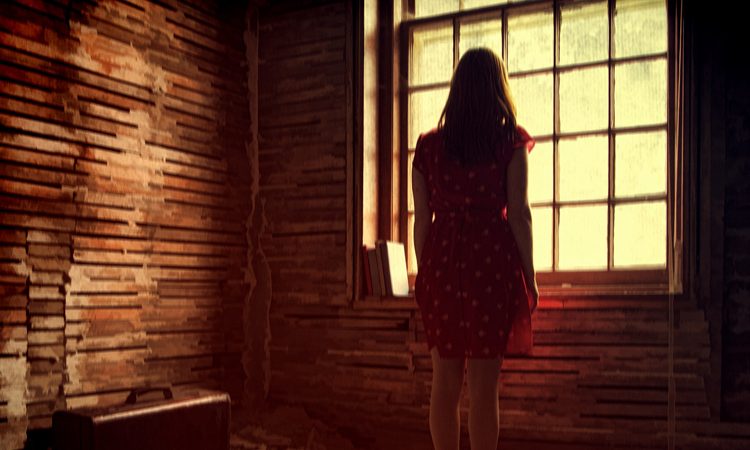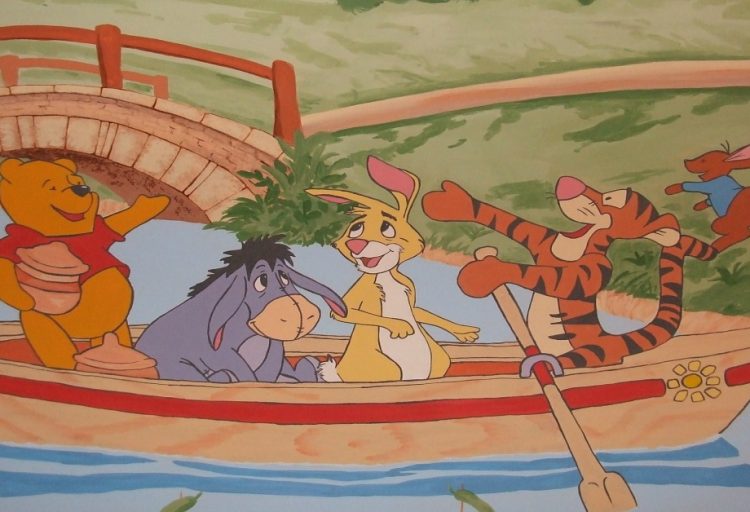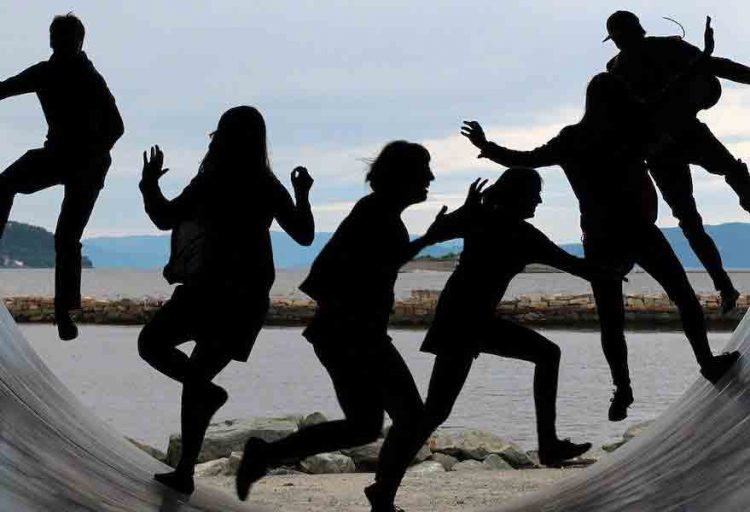The Inner Adventuress is a new column about following the call to adventure inside ourselves by Amy Gigi Alexander.

Grief is an odd bird—sometimes flightless; other times airborne, rarely coming down. People like to try to capture that bird and tame it, but in my mind, it is a wild creature that goes its own way.
Last week my little brother died from a heart attack. He was forty years old. He had health problems, a heart condition, and his was a life lived and finished fully. His name was his and mine and my family’s name: It is, at this moment, a name associated with childhood games and memories, which is where it will remain for some time, private. I state these facts in the hope they will make my grief feel more practical, less muddy, like a flat stone in your hand, smooth. I wish others would grasp hold of this stone and be momentarily pulled down by the weight of it, and then skip it across the water, let it go, watch it ripple across the water.
Death in American mainstream culture is often portrayed as a boulder to drag, a toppling skyscraper, a typhoon: a series of hard and sharp catastrophes, from which one doesn’t recover for a long time. How different this is than many other cultures in the world, which see death as a natural beginning—and grief and the expression of it as something which is guided by the spirit and individual. Can death not be a boulder to drag which is covered in ancient inscriptions which can serve as a totem, a skyscraper making way for a city park where no green has been seen for twenty years, a typhoon which comes but gives people the chance to care for one another? Death is an opening, not a closing.
When I found out my brother had passed away, I was in New Zealand. I’d come to the islands with the goal of writing a book, although I wasn’t entirely sure about what. I felt I was waiting for something, and when the news came, it was immediately clear this was the push off the ledge I had been expecting. Ledges make other people uncomfortable, but they make me feel more alive, for they give me the sense of something behind you and in front of you. The beauty of such moments is that you are in between places, and you cannot remain there. You have to choose: Go back, or jump off. I’m a jumper who learned to love the leap because I feared it less than going backwards.
I think of this now, as I remember my brother. He was unusual in his living just as he was in his dying. He never did anything halfway and he didn’t follow rules—in fact, he broke them whenever he could. He didn’t ask permission to leap off the ledge, and, in fact, his daily life was a series of jumps.
He was limited by a body that did not conform to the norm, which in mid-life could not move through the world easily, and kept him a traveler in his mind only. Because of this, I knew immediately how I would grieve for him. I would take him on an arduous yet glorious walk of a thousand miles or so across New Zealand—something he was at last, free to do. I decided I could design the journey as something he would have enjoyed and that his trusting and liberal character could play a major role in what happened in each moment.
We have begun our last journey together already, and I write this from a hostel sitting room in Southern New Zealand. The room is full of loud, boisterous people, 80s rock music, beer, and storytelling verging on John Bunyan tall tales. I hitchhiked here by way of a minivan full of Australian hippies on holiday, because I thought he would have liked that. His influence already can be felt, and it is translating into a curious connectivity that is very different from my normal habits. I can tell he is here, for I am a bit of a buttoned-up adventurer, a practiced observer, intensely interested in everything—but always with restraint, for much of my world is inside of me, as a writer.
I am extremely careful about who enters that delicate world, and I protect it fiercely, because it is easily negatively influenced by others, and my work is the most important thing to me. My brother, on the other hand, was loose and laid back, inviting everyone into his life, and he seemed to have mastered living in the moment. He always enjoyed mixing things up, and just when I think I’m turning right— he causes me to turn left. It goes both ways, too: I sense his spirit rejuvenated, wide-eyed, aching from the long walk across this island we have begun and yet, enjoying his newfound liberation.
I was not with him in the moment of his death. Yes, I wish for those last words, but our conversation now is better, truthfully. There are no regrets: We are those two children once again, traveling together, making our own world. We are at last jumping together, lost in lush green, guided by hundreds of strangers. Up we go, a tameless bird, airborne, and down again, grounded. This is our goodbye, our perfect grief.
Photo credit: Lake Gunn by Jocelyn Kinghorn is licensed under a Creative Commons Attribution 4.0 International License.






Leave a Reply